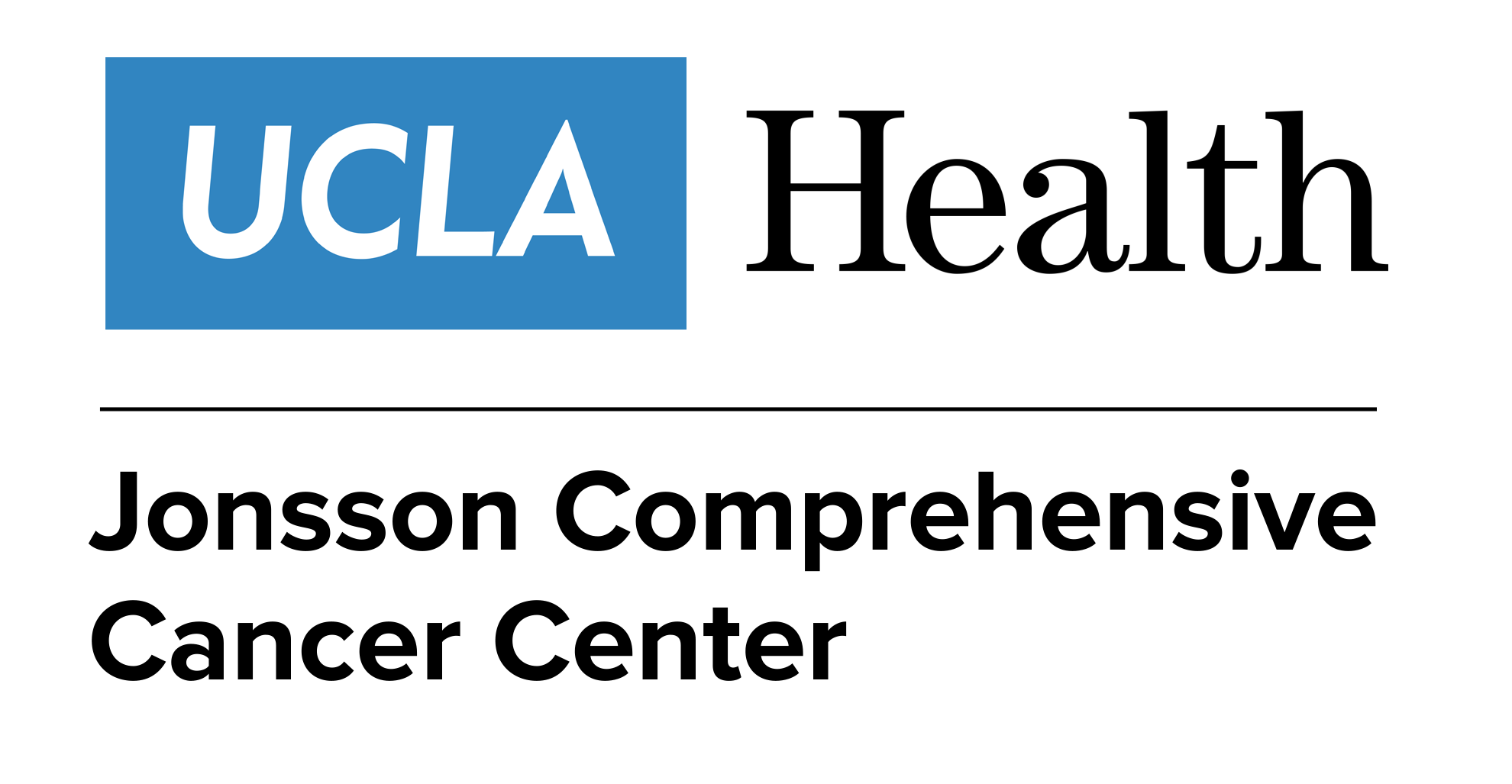- Advertise
- About OncLive
- Editorial Board
- MJH Life Sciences brands
- Contact Us
- Privacy
- Terms & Conditions
- Do Not Sell My Information
2 Clarke Drive
Suite 100
Cranbury, NJ 08512
© 2025 MJH Life Sciences™ and OncLive - Clinical Oncology News, Cancer Expert Insights. All rights reserved.
Dr. Glaspy on Immunogenicity in Ovarian Cancer
John A. Glaspy, MD, professor of medicine, Jonsson Comprehensive Cancer Center (JCCC), director, JCCC Clinical Research Unit and Women's Cancer Research Program, University of California, Los Angeles (UCLA) School of Medicine, discusses immunogenicity in ovarian cancer.
John A. Glaspy, MD, professor of medicine, Jonsson Comprehensive Cancer Center, director, JCCC Clinical Research Unit and Women's Cancer Research Program, University of California, Los Angeles (UCLA) School of Medicine, discusses immunogenicity in ovarian cancer.
If tumor mutational burden is the problem with ovarian cancer, which it may be, says Glaspy, then physicians need to figure out how to introduce neoantigens into tumors to make them more immunogenic. There are a variety of possibilities, says Glaspy, including vaccines that can be directly injected into tumors that will cause them to express cytokines that render them more immunogenic. There is also a theory that radiating a tumor will cause it to break down and make it more likely to find a potentially viable antigen.
Epigenetics is another area of research that physicians hope will lead to gene expression that is more likely to be attacked by T cells. There are hundreds of other possibilities out there and sorting through them is going to be the challenge, Glaspy says.


